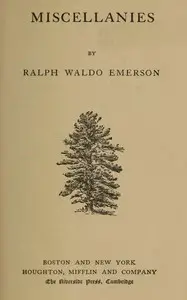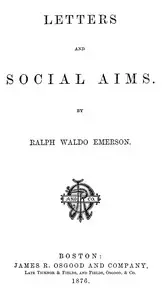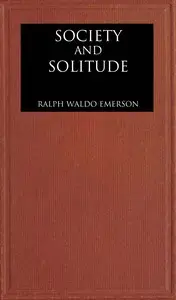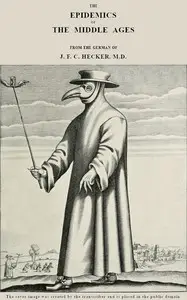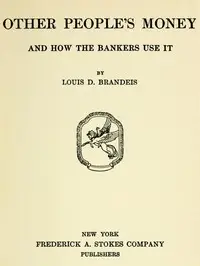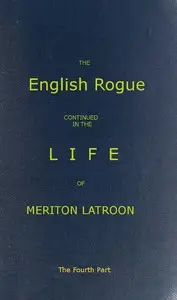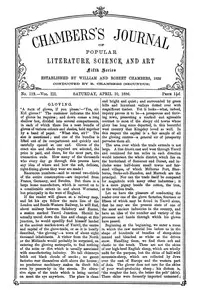"The Conduct of Life" by Ralph Waldo Emerson is a philosophical essay written in the mid-19th century. The work explores fundamental questions about human existence and the principles guiding one's life, particularly emphasizing the relationship between fate, power, and individual agency. Emerson seeks to harmonize the duality between fate and freedom, positing that while individual circumstances may constrain one's life, there is also a profound capacity for self-determination and personal growth. At the start of the essay, Emerson introduces "Fate" as a theme, discussing the limitations and challenges that individuals face in life, such as personal and societal pressures. He reflects on the existing conditions of human morality, individual will, and the influence of nature, advocating that true conduct in life necessitates a deep understanding of one's limitations while harnessing the individual's inner strength. The opening suggests that understanding one's existence and navigating life's complexities is not merely a philosophical exercise but a vital necessity for personal transformation and societal progress. (This is an automatically generated summary.)

The Conduct of Life
By Ralph Waldo Emerson
"The Conduct of Life" by Ralph Waldo Emerson is a philosophical essay written in the mid-19th century. The work explores fundamental questions about h...
Genres
Released
2012-05-27
Formats
epub (images)
epub3 (images)
epub
mobi (images)
mobi
Free Download
Overview
About the Author
Ralph Waldo Emerson, who went by his middle name Waldo, was an American essayist, lecturer, philosopher, abolitionist, and poet who led the Transcendentalist movement of the mid-19th century. He was seen as a champion of individualism and critical thinking, as well as a prescient critic of the countervailing pressures of society and conformity. Friedrich Nietzsche thought he was "the most gifted of the Americans," and Walt Whitman called Emerson his "master".
Total Reviews
10.0k
Total reviews from Goodreads may change



